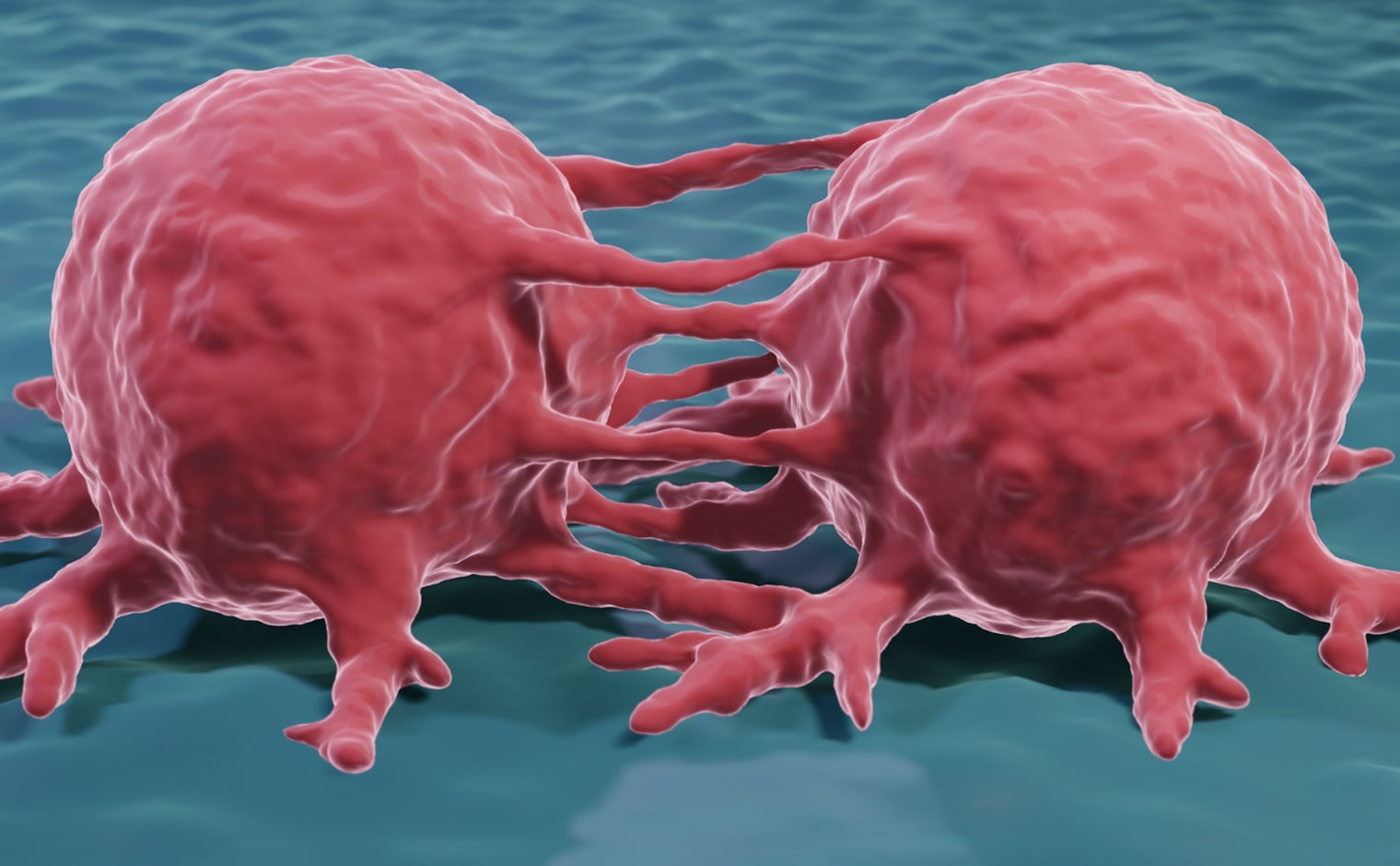
Metastasis—the leading cause of cancer death—occurs when so-called disseminated cancer cells (DCCs) escape from primary tumors and travel through the bloodstream to other organs, where they reactivate.
In 2015, Julio Aguirre-Ghiso, Ph.D., and colleagues published evidence indicating that the combination of two U.S. Food and Drug Administration–approved drugs—5-azacytidine (AZA) and retinoic acid (atRA)—can restore gene programs that suppress the growth of malignant cancer cells. Those results led the V Foundation for Cancer Research to fund a clinical trial to evaluate whether the drug combination can prevent or delay metastasis progression in prostate cancer patients; Dr. Aguirre-Ghiso was the principal investigator on the V Foundation grant, which also explored how AZA and atRA could block metastasis.
In a paper published online in June 2023 in Cell Reports, Dr. Aguirre-Ghiso’s team found that the drug combination suppresses metastasis in oral carcinoma animal models. DCCs that become metastatic were found to deactivate TGF-β/SMAD4 signaling, which maintains DCCs in a dormant state; combining AZA with atRA epigenetically reprogrammed the DCCs, restoring TGF-β/SMAD4 signaling and preventing DCCs from reactivating. By inducing DCC dormancy, the AZA and atRA combination may represent a new therapy for preventing or delaying metastatic disease.
Dr. Aguirre-Ghiso is the Rose C. Falkenstein Chair in Cancer Research, a professor of cell biology, of oncology, and of medicine, the co-director of the Gruss Lipper Biophotonics Center at Einstein, the co-leader of the Tumor Microenvironment & Metastasis program at the National Cancer Institute–designated Montefiore Einstein Comprehensive Cancer Center, and the director of its Cancer Dormancy and Tumor Microenvironment Institute.